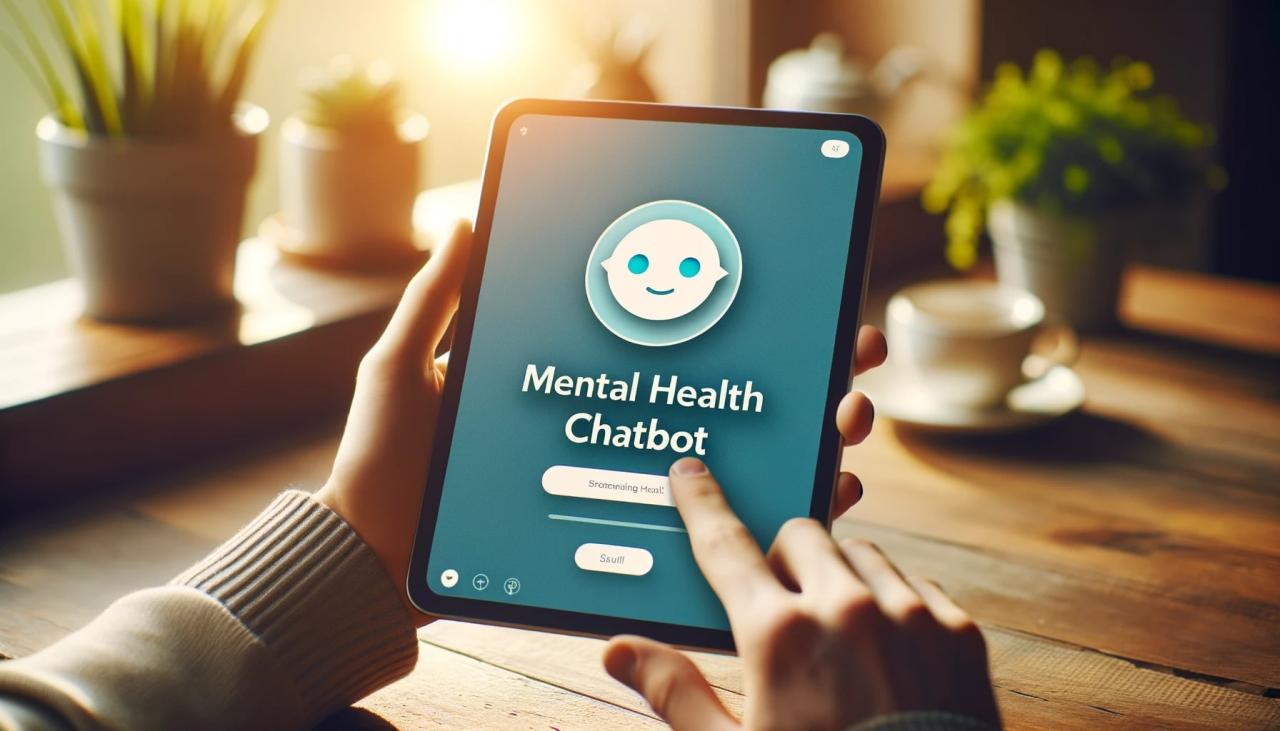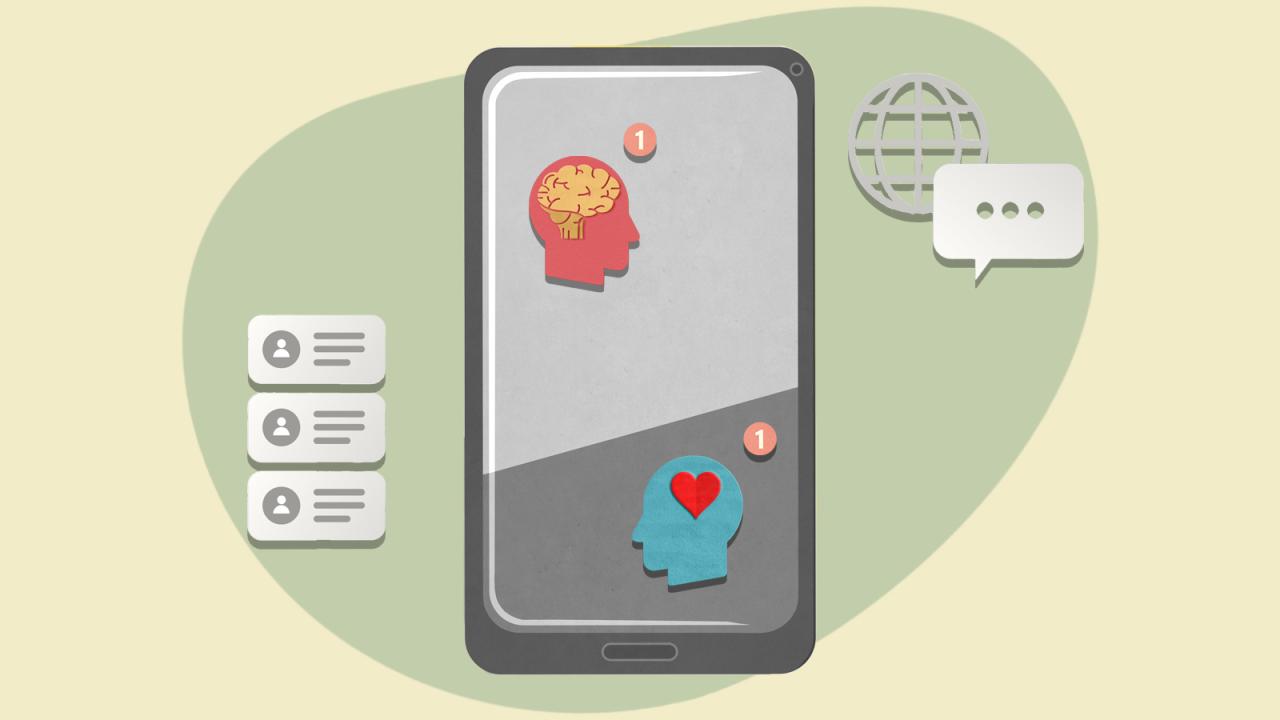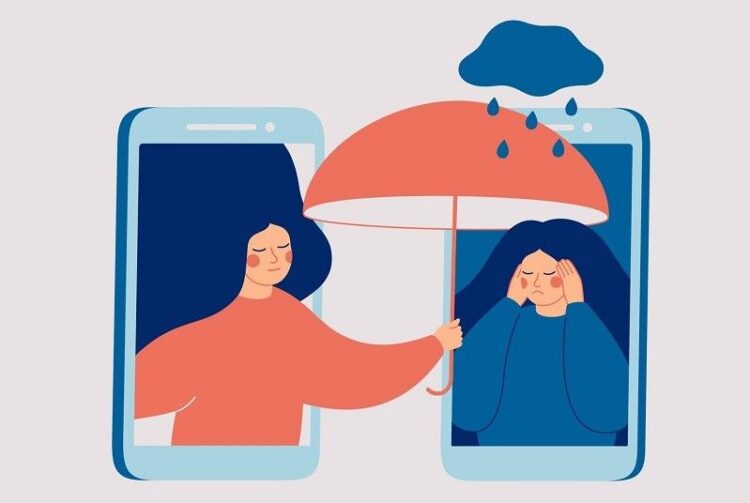In the fast-paced, always-on world of today, where stress, anxiety, and mental health challenges are on the rise, a new and powerful resource has emerged. Mental health apps are transforming how we approach well-being, offering accessible, private, and personalized support directly on our smartphones. Far from a simple meditation timer, these sophisticated applications are becoming a crucial tool for managing stress, improving mood, and fostering resilience. This guide is your definitive resource to understanding the diverse landscape of these apps, the science behind their effectiveness, and the strategies for using them as a valuable part of your personal wellness journey.
The Digital Wellness Revolution

For decades, mental health support was primarily confined to in-person therapy, a model that, while effective, faced significant barriers of cost, accessibility, and stigma. The rise of smartphones and digital technology has shattered these barriers, ushering in a new era of accessible, on-demand mental health support.
A. The Compelling Case for Digital Support
Several powerful and interconnected factors are making mental health apps a viable and attractive option for millions.
- Unmatched Accessibility: Mental health apps remove the barriers of location and time. They provide immediate, on-demand support for anyone with a smartphone, regardless of their geographical location or their schedule.
- Affordability: While many apps offer premium, subscription-based services, a vast number of high-quality apps are free or significantly more affordable than traditional therapy, making mental health support accessible to a wider range of people.
- Privacy and Anonymity: For many, the stigma of seeking mental health support can be a major barrier. Mental health apps provide a private and anonymous space where an individual can explore their feelings, learn new skills, and connect with a community without the fear of judgment.
- Personalization: Mental health apps leverage data and AI to provide a highly personalized experience. They can track your mood, monitor your sleep, and provide personalized recommendations and exercises based on your specific needs and goals.
- Proactive Engagement: Unlike traditional therapy, which is often reactive, a mental health app is a proactive tool. It can provide you with daily exercises, reminders, and check-ins that help you to build a consistent mental wellness routine.
- The “Digital Native” Generation: The modern user, particularly Gen Z and millennials, are digital natives. They are comfortable with a technology-enabled approach to health and wellness and are more likely to seek mental health support through a digital platform.
B. The Science Behind the Apps
Mental health apps are not just feel-good gimmicks; they are often built on a foundation of proven therapeutic methodologies and scientific research.
- Cognitive Behavioral Therapy (CBT): Many mental health apps are based on the principles of CBT, a form of talk therapy that helps people to identify and change negative thought and behavior patterns. The apps provide exercises, journaling prompts, and guided meditations that are designed to help you to develop these skills.
- Mindfulness and Meditation: Mindfulness is a form of meditation that focuses on being present in the moment and observing your thoughts and feelings without judgment. Many apps are dedicated to mindfulness and meditation, offering a vast library of guided meditations, soundscapes, and breathing exercises.
- Neuroplasticity: The human brain is incredibly plastic, meaning it can change and adapt over time. Mental health apps, through consistent practice and repetition, are designed to help you to rewire your brain for more positive thought and behavior patterns.
- Gamification: Many apps use gamification—the integration of game-like elements like points, badges, and progress tracking—to make the process of building a mental wellness routine more engaging and motivating.
A Diverse Range of Support

The mental health app landscape is vast and diverse, with options for every need, from a simple meditation app to a full-featured therapy platform.
A. Guided Meditation and Mindfulness Apps
These are the most common type of mental health apps. They are designed to help you to build a consistent meditation practice and to reduce stress and anxiety.
- Headspace: A popular app that offers a vast library of guided meditations for everything from stress and anxiety to focus and sleep. It is known for its user-friendly interface and its a la carte meditation options.
- Calm: A popular app that offers a vast library of guided meditations, soundscapes, and breathing exercises. It is known for its “Sleep Stories”—soothing bedtime stories for adults that are designed to help you fall asleep.
- Insight Timer: A free app that offers a vast library of guided meditations from thousands of teachers around the world. It is known for its community features, such as a community timer and a forum for discussion.
- Mindful (and other free apps): There are many free apps that offer a range of guided meditations and mindfulness exercises, making them a great option for people on a tight budget.
B. Therapy and Counseling Apps
These apps provide a digital platform for connecting with a licensed therapist or a counselor.
- BetterHelp: A popular app that provides access to a network of licensed therapists. You can communicate with your therapist through a variety of modalities, including text, phone, and video. It is a great option for people who are looking for a more affordable and convenient alternative to traditional therapy.
- Talkspace: A similar app that provides access to a network of licensed therapists. You can communicate with your therapist through text, phone, and video, and you can also get support from a community of users.
- Online-Therapy.com: An online therapy platform that provides a full suite of mental health support, including a licensed therapist, a daily check-in, and a variety of self-help tools.
- Doctor on Demand: A telehealth platform that provides access to a range of healthcare professionals, including licensed therapists. It is a great option for people who are looking for a more comprehensive approach to their mental and physical health.
C. Mood Trackers and Habit-Building Apps
These apps are designed to help you to track your mood, identify patterns in your emotional well-being, and build new, positive habits.
- Moodpath: An app that helps you to track your mood with a daily check-in. It provides insights into your mood patterns and can help you to identify potential triggers. It also has a variety of exercises and guided meditations.
- Daylio: A mood-tracking app that is known for its user-friendly interface and its customizable mood icons. It is a great option for people who are looking for a simple and easy way to track their mood.
- Happify: An app that uses science-based games and activities to help you to overcome negative thoughts and to build new, positive habits. It is a great option for people who are looking for a more engaging and fun approach to mental wellness.
- Finch: An app that uses a cute, animated pet to help you to build positive habits and to track your mood. It is a great option for people who are looking for a more engaging and light-hearted approach to mental wellness.
D. Community and Peer Support Apps
These apps provide a digital platform for connecting with a community of people who are going through similar challenges.
- The Mighty: A social community for people with health conditions and disabilities. It is a great platform for connecting with a community of people who are going through similar challenges and for finding support and resources.
- Support Groups Central: An app that provides access to a vast network of online and in-person support groups for a wide range of mental health challenges, from anxiety and depression to addiction and eating disorders.
- NAMI Connection: A peer-led support group for adults who are living with a mental health condition. It is a great option for people who are looking for a supportive and non-judgmental community.
- 7 Cups: An app that provides access to a community of trained listeners who are available to chat with you 24/7. It is a great option for people who are looking for a supportive and anonymous space to talk.
The Strategic Blueprint for Using Apps Effectively
Mental health apps are a powerful tool, but their effectiveness is tied directly to how you use them. A strategic approach can help you to get the most out of your app and to build a sustainable mental wellness routine.
A. Choose the Right App for You
- Identify Your Goals: Are you looking to reduce stress? To build a meditation practice? To connect with a therapist? Your goals will determine the type of app that is best for you.
- Do Your Research: Before you commit to a paid app, do your research. Read reviews, check the app’s privacy policy, and try the free version to see if it’s a good fit for you.
- Look for Science-Based Apps: Look for apps that are built on a foundation of proven therapeutic methodologies, such as CBT, mindfulness, and meditation.
- Check the Credentials: If you are using a therapy or a counseling app, check the credentials of the therapists and counselors to ensure they are licensed and qualified.
B. Integrate Apps into Your Daily Routine
- Start Small: Don’t try to do too much at once. Start with a 5-minute meditation in the morning or a 5-minute mood check-in at night.
- Consistency is Key: Consistency is more important than intensity. A consistent, moderate routine is far more effective in the long run than an intense, sporadic one.
- Use Reminders: Use the app’s built-in reminders to help you stay on track and to build a consistent routine.
- Combine with Other Practices: Mental health apps are a great tool, but they are not a replacement for other mental wellness practices, such as exercise, a healthy diet, and a good night’s sleep.
C. The Importance of Professional Guidance
- Apps as a Supplement: For many, mental health apps are a great supplement to traditional therapy. They can be used to practice the skills you learn in therapy and to get support between sessions.
- When to Seek Help: Mental health apps are not a replacement for professional guidance. If you are experiencing a mental health crisis or if you are struggling with a serious mental health condition, it is important to seek professional help.
- The “Human” Touch: While mental health apps are a great tool, they cannot replace the empathy, the compassion, and the human touch of a licensed therapist.
Conclusion
Mental health challenges are a natural part of life, and in a world that is becoming more complex and unpredictable, the need for mental wellness support is more relevant than ever. Mental Health Apps Explored is a story of a new, accessible, and powerful resource that is transforming how we approach our well-being.
By understanding the diverse landscape of these apps, the science behind their effectiveness, and the strategies for using them responsibly, you can empower yourself to navigate your mental health journey with greater confidence and a profound sense of security. The journey to mental wellness is a continuous one, and it is a journey that is guided by a combination of self-awareness, a clear plan, and the right tools.












